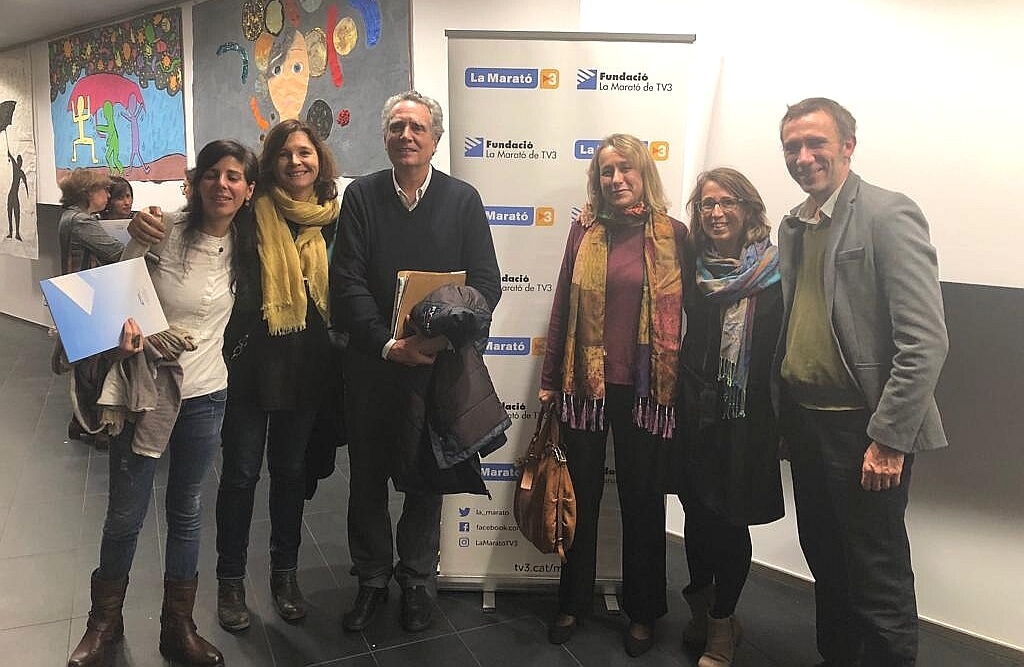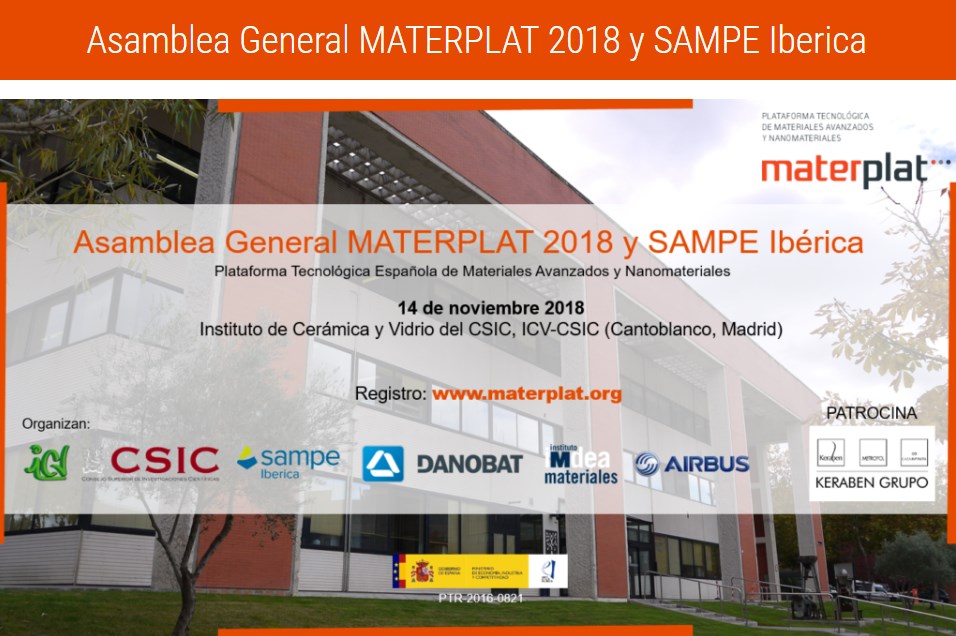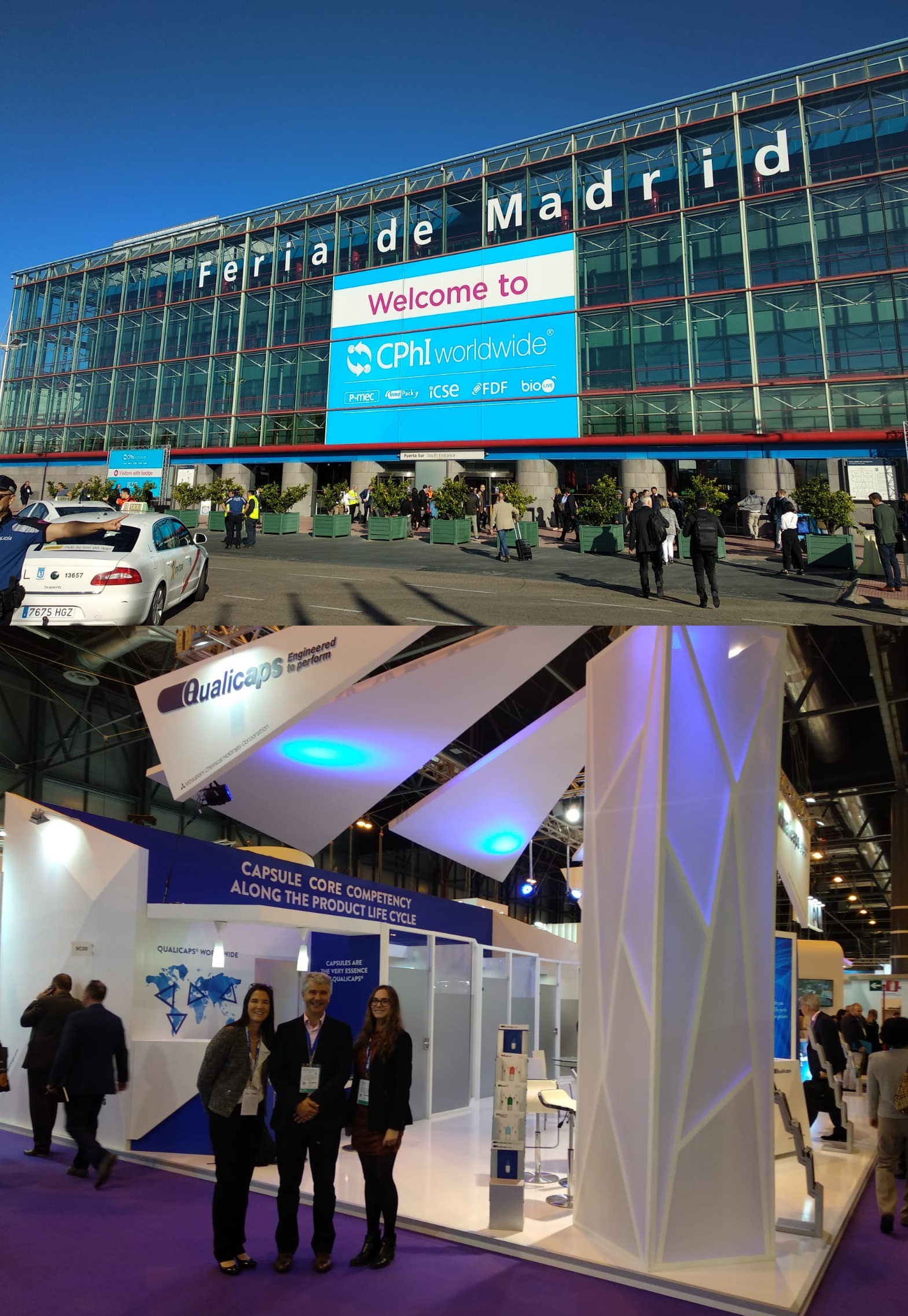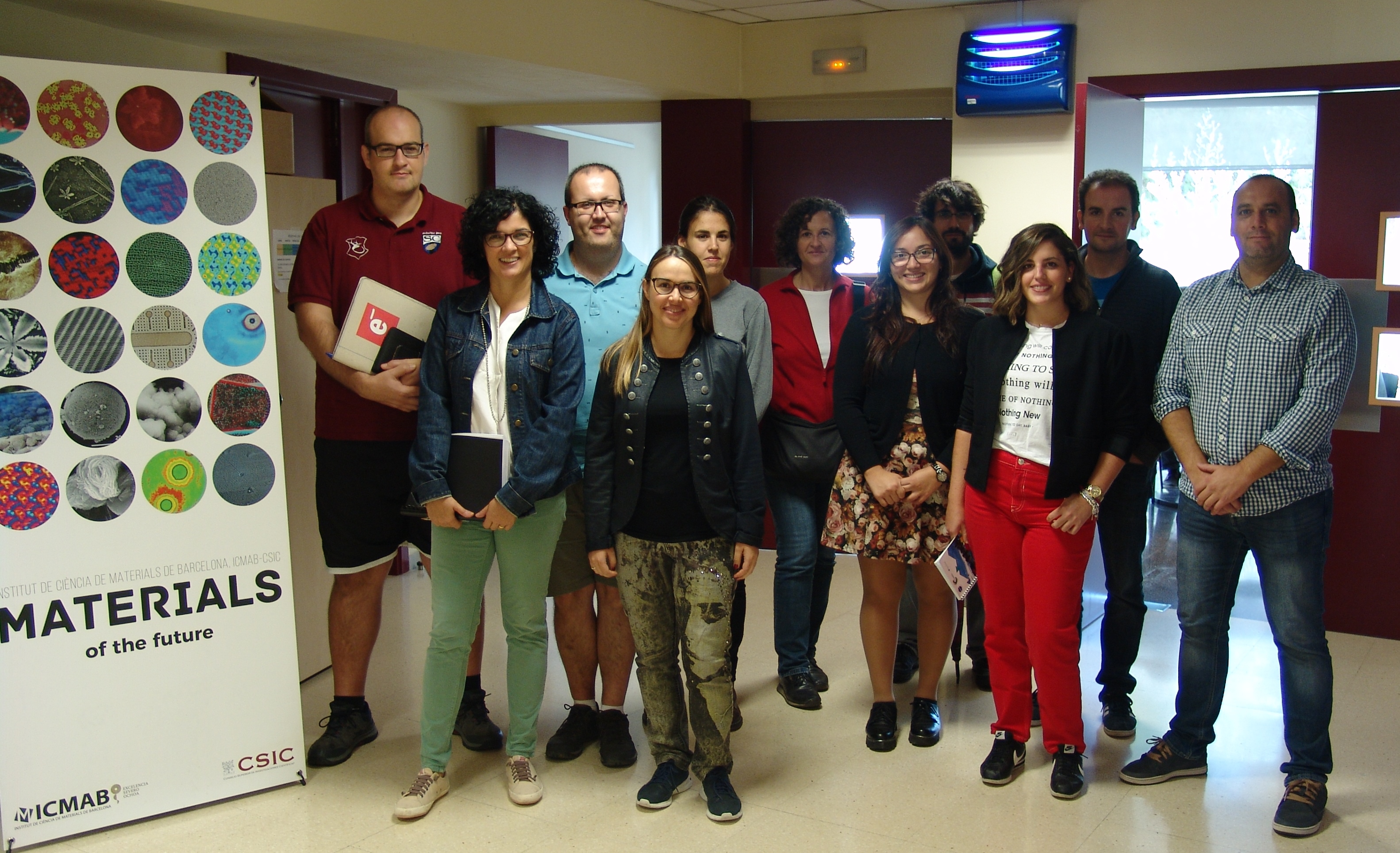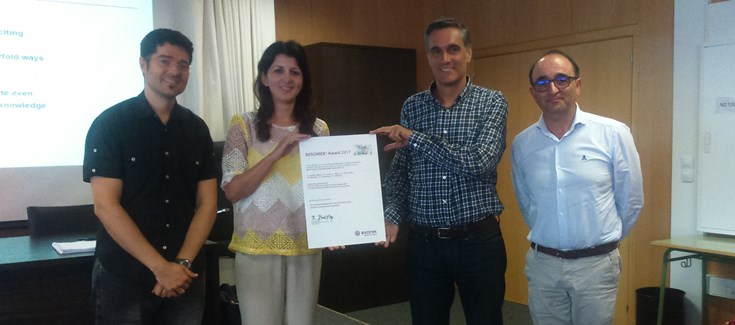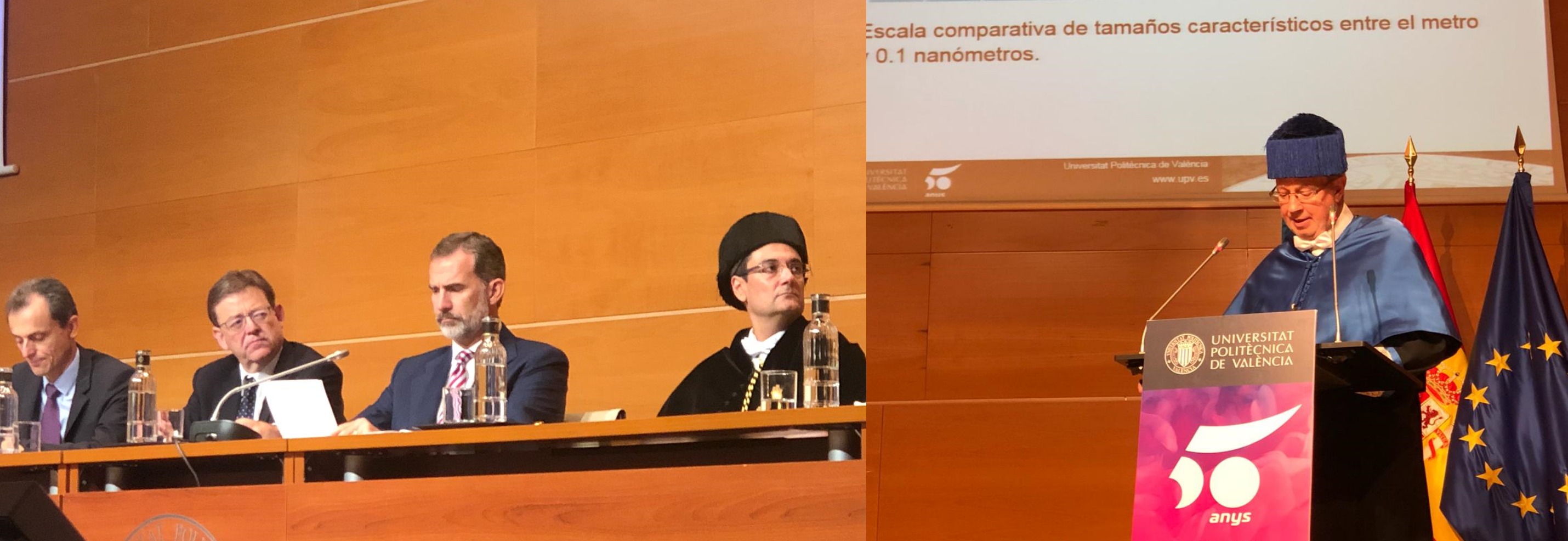FUNCATH: Prevention of infectious diseases with functionalized catheters awarded by La Marató de TV3
FUNCATH project, coordinated by scientists of NANOMOL group, led by Dr. Imma Ratera, has been awarded by Fundació La Marató de TV3 .
NANOMOL is the research group that coordinates NANBIOSIS U6 Biomaterial Processing and Nanostructuring Unit, from ICMAB-CSIC and CIBER-BBN.
Fundació La Marató de TV3 2017 call was dedicated to infectious diseases and awarded 36 projects among the 186 evaluated according to their excellence, methodology and relevance.
FUNCATH is the project for Prevention of infections related to vascular catheters by functionalizing catheters impregnated with thermically activatable hydrogels with broad spectrum antimicrobial agents, whose ultimate goal is the development of vascular catheters coated with multibiofunctional hydrogels with broad spectrum antimicrobial activity. The hydrogels will have two functions: first act as a 3D matrix that will support the active biomolecules, specifically cationic peptides (PC), with bactericidal activity against most of the bacteria involved in nosocomial infections and second will act as a protection against the degradation of the PCs until the medical device is used. The latter will be possible thanks to the thermosensitive nature of the hydrogel that will only expose the PCs after their contact with body temperature; which will activate the degradation of the hydrogel and allow the release of active biomolecules. Besides Nanomol group the project involves researchers from the Parc Taulí Hospital, the Hospital Clínic, and the IRTA. The project financing: € 375,078.75 for three years.
